Over 300 scientists and physicians support RFK Jr. for HHS secretary
- Update Time : Sunday, January 19, 2025
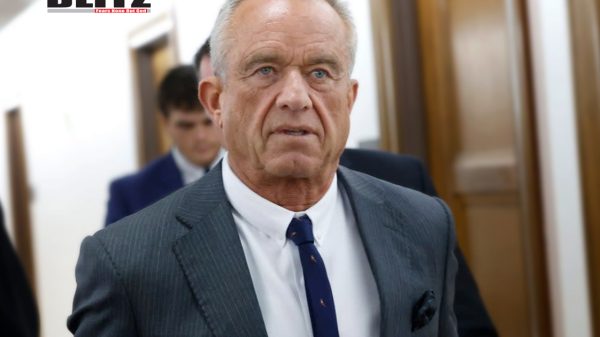
The nomination of Robert F. Kennedy Jr. as Secretary of Health and Human Services (HHS) by President-elect Donald Trump has sparked intense debate across the political spectrum. Despite facing significant opposition from both parties, Kennedy has garnered support from an impressive coalition of over 300 scientists and physicians. This backing, articulated in an open letter, emphasizes Kennedy’s commitment to scientific inquiry and his pledge to address contentious health issues.
“The cornerstone of scientific progress has always been the fearless pursuit of truth through rigorous inquiry and open debate,” the letter states. The signatories call for a leader at HHS who will prioritize public health concerns, such as chronic diseases, environmental toxins, and contentious health policies. By January 17, the letter had garnered 331 signatures, including endorsements from notable figures such as Dr. Robert Malone, a vaccine scientist; Dr. Mark Hyman, an adviser at the Cleveland Clinic; and Nina Teicholz, a bestselling author and nutrition expert who shared the letter on X.
While the letter’s supporters acknowledge that they may not align with all of Kennedy’s views, they stress the importance of his dedication to the scientific method and constructive discourse. “Irrespective of whether we all agree with all of Robert F. Kennedy Jr.’s positions and beliefs, it is clear that he believes in the scientific method,” the letter states.
Kennedy’s nomination has ignited controversy. National Public Radio (NPR) reported on January 14 that Kennedy faces a “complicated confirmation” process due to bipartisan opposition. Critics from both sides of the aisle have raised concerns over his views on vaccines and other contentious health issues. For example, Hawaii Governor Josh Green, a Democrat and physician, labeled Kennedy “dangerous” in a New York Times op-ed, citing his skepticism of vaccines. Meanwhile, former Vice President Mike Pence, a Republican, criticized Kennedy’s pro-choice stance, urging senators to reject his nomination.
Despite the challenges, Kennedy’s allies remain optimistic. Senator Ron Johnson, a Republican from Wisconsin and a member of the Senate Finance Committee, expressed hope for Kennedy’s confirmation. Johnson, who hosted Kennedy at a Senate roundtable on nutrition last fall, stated that it is “certainly possible” for Kennedy to secure Democratic votes after engaging with lawmakers.
Kennedy’s policy platform has resonated with Americans across the political spectrum. A December YouGov survey revealed widespread support for many of his proposals, including banning harmful food additives, eliminating ultra-processed foods from school lunches, increasing restrictions on agricultural pesticides, and funding holistic health research. However, some of Kennedy’s more controversial positions, such as lifting restrictions on raw milk and removing fluoride from public water supplies, have met with less enthusiasm.
His stance on vaccines remains a significant hurdle. Dr. Nicole Saphier, a radiologist and Fox News contributor, described Kennedy’s skepticism towards vaccines as a “significant deterrent” for many lawmakers. “His views could alienate senators who see vaccines as a cornerstone of public health policy,” Saphier said. While Kennedy has distanced himself from some of his past vaccine-related comments, Saphier emphasized that he must outline a clear plan for improving vaccine safety and access to gain broader support.
Kennedy has taken steps to address these concerns. He met with Senator Bill Cassidy, a Republican from Louisiana and a physician, to discuss vaccine safety. Cassidy, who has been publicly critical of Kennedy’s views, described their hour-long meeting as a comprehensive discussion on vaccines. While Cassidy has yet to endorse Kennedy’s nomination, the dialogue signals Kennedy’s willingness to engage with skeptical lawmakers.
Kennedy’s pro-choice stance has also drawn criticism, particularly from social conservatives. During his 2024 presidential campaign, Kennedy initially supported abortion through all nine months of pregnancy. However, he later revised his position, expressing opposition to late-term abortions after learning about selective abortions of healthy, viable fetuses. In December, Kennedy pledged to reinstate pro-life protections that were in place during Trump’s first term, attempting to reassure Republican lawmakers.
Despite these efforts, some conservative groups remain unconvinced. Advancing American Freedom, a Pence-backed organization, has urged senators to oppose Kennedy’s confirmation, citing his past positions. Nevertheless, Dr. Saphier argued that Kennedy’s stance on abortion is unlikely to sway many votes. “I believe RFK Jr. will be confirmed since Republicans were handed a mandate by the American people,” she said.
One of Kennedy’s biggest challenges comes from the powerful food and pharmaceutical industries. Kennedy’s reform agenda, which targets these sectors, has provoked fierce resistance. Dr. Christopher Palmer, a Harvard clinical psychiatrist, speculated that these industries would “do everything in their power” to block Kennedy’s confirmation.
Tony Lyons, president of Skyhorse Publishing and a co-founder of the American Values Political Action Committee, revealed that lobbying efforts to derail Kennedy’s nomination are already in the millions of dollars. The Sixteen Thirty Fund, a left-wing dark money group, has reportedly spent over $1 million on lobbying against Kennedy. Lyons also highlighted the soda industry’s efforts to preserve subsidies for sugary beverages, which Kennedy aims to eliminate.
“Once confirmed, lobbying against Kennedy and his reforms will become a permanent feature in Washington,” Lyons said. “But in truth, Kennedy’s reforms will save the average American hundreds if not thousands of dollars each year on health and medical bills.”
Kennedy’s emphasis on nutrition and exercise poses a direct threat to industries that profit from the “sickness” economy. His proposed reforms aim to address the root causes of chronic diseases, reduce healthcare costs, and promote preventive care. These initiatives have earned him the support of health professionals who believe in his vision for a healthier America.
However, Kennedy’s controversial positions on vaccines and fluoride, combined with opposition from influential industries, ensure that his confirmation process will be anything but smooth. As the Senate prepares to consider his nomination, the outcome will have far-reaching implications for the future of public health in the United States.
Robert F. Kennedy Jr.’s nomination as HHS Secretary represents a pivotal moment in American health policy. Backed by a coalition of over 300 scientists and physicians, Kennedy’s reform agenda challenges entrenched interests in the food and pharmaceutical industries. While his controversial views on vaccines and other issues have sparked bipartisan opposition, his commitment to scientific inquiry and public health has earned him widespread support.
As the confirmation process unfolds, Kennedy’s ability to navigate political opposition and industry resistance will determine whether he can lead a health revolution in America. Regardless of the outcome, his nomination has ignited a critical conversation about the role of science, policy, and industry in shaping the nation’s health future.


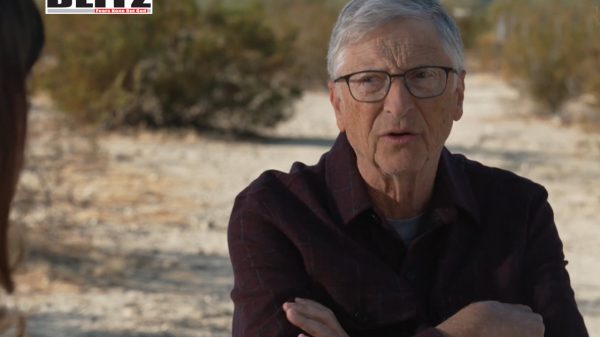

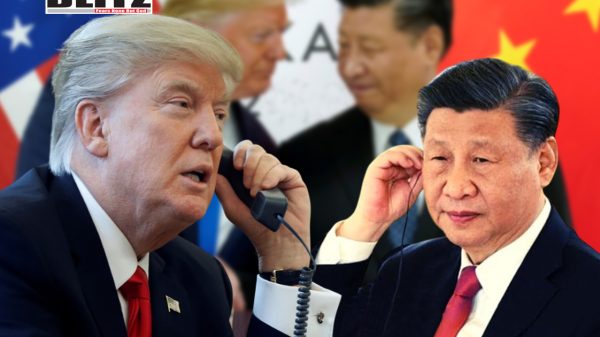
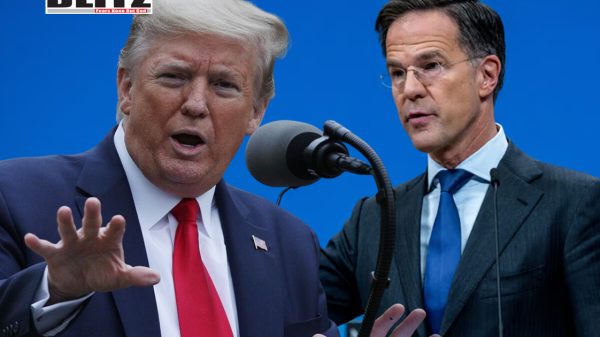

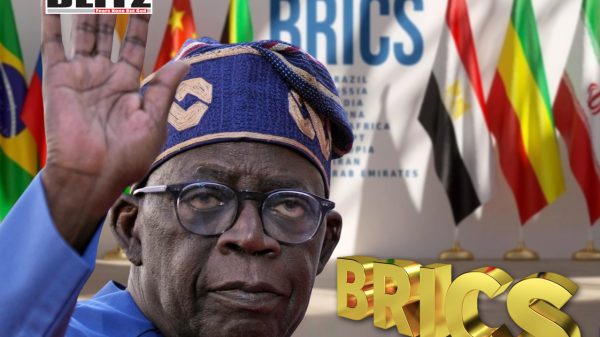

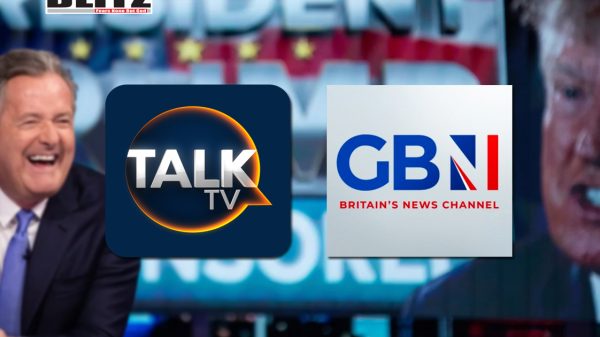
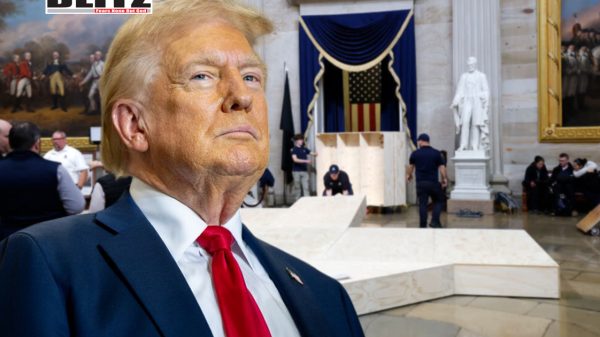
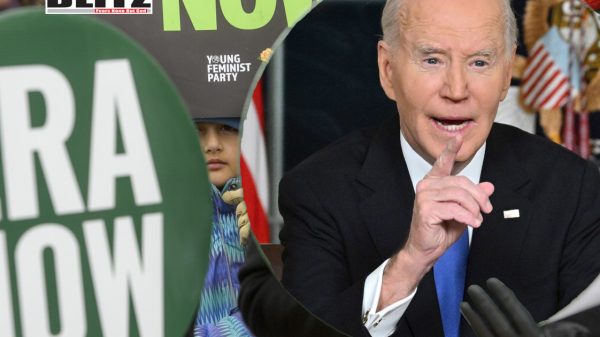


Leave a Reply